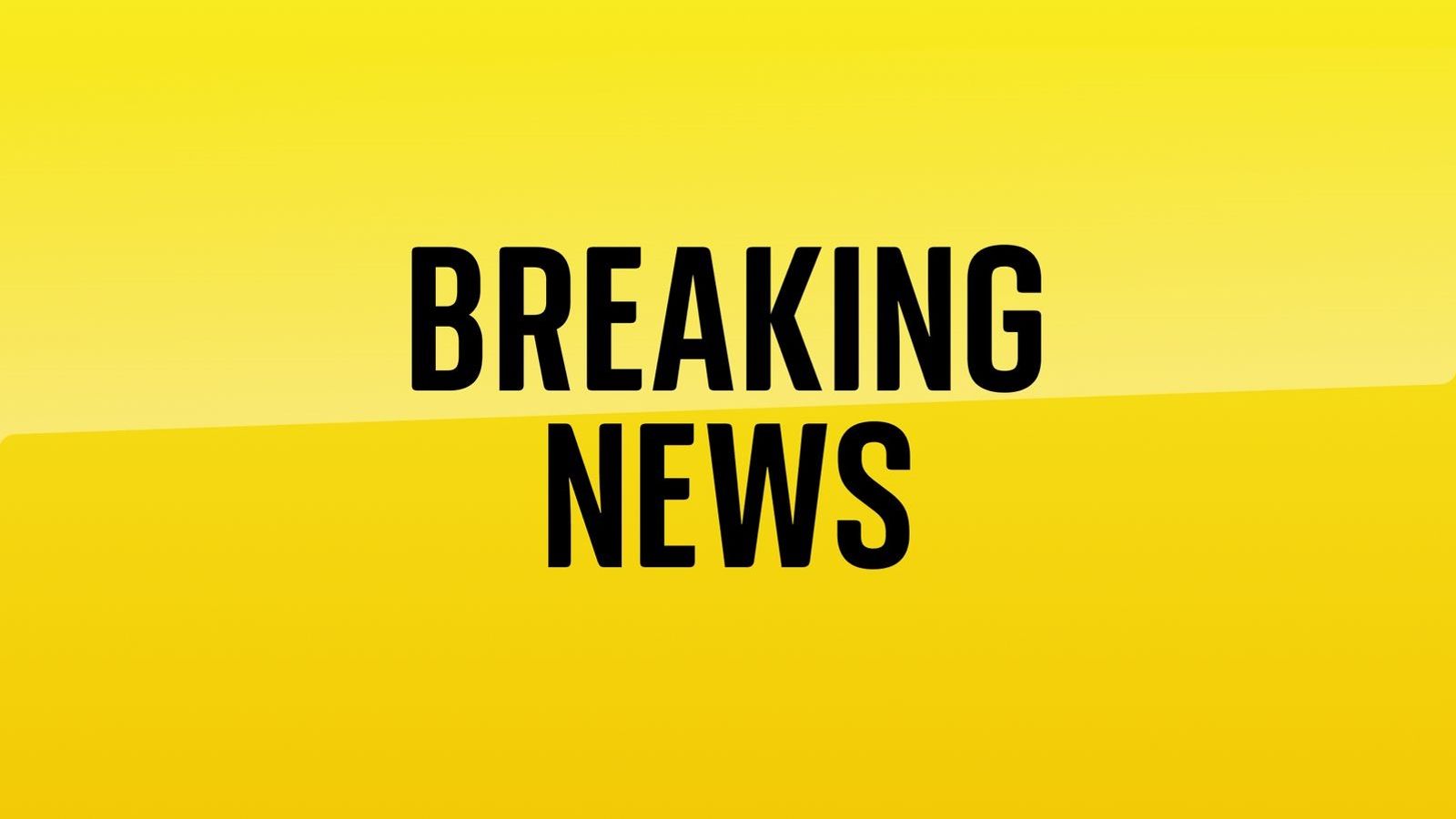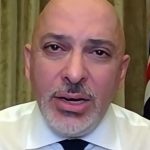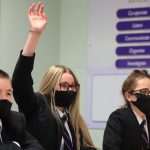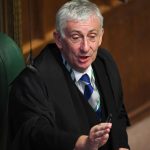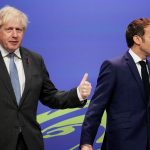Some 200 Armed Forces personnel are being deployed to support the NHS in London as hospitals grapple with staff shortages.
Military medics will assist NHS doctors and nurses with patient care, while general duty personnel will help fill gaps caused by other absences.
The Royal College of Nursing has said the deployment means the government can no longer deny there is a “staffing crisis” within the NHS.
Patricia Marquis, the RCN’s director for England, said: “The prime minister and others can no longer be dismissive of questions about the ability of NHS staff to deliver safe care.
“Once the military has been brought in, where does the government turn next in a bid to ‘ride out’ the wave rather than deal with it?”
As of Thursday, 17 hospital trusts in England have declared critical incidents – signalling there are fears that priority services cannot be safely delivered.
Also yesterday, MPs on the cross-party Health and Social Care Committee warned 5.8 million people are now waiting for treatment – with Conservative MP Jeremy Hunt urging the government to “wake up to the scale of the staffing crisis facing the NHS”.
COVID-19: Epicentre moves from London to North West and more older people being hospitalised, UKHSA report says
Kent ambulance crash: Newly qualified paramedic killed in collision with cement lorry named as Alice Clark
Boris Johnson offers ‘humble’ apology and blames new phone for failing to release messages to Downing Street flat probe
London has been at the epicentre of the Omicron outbreak, and the Ministry of Defence says the 200 military personnel will be “on task” for three weeks.
Separately, 32 military co-responders are being provided to support the South Central Ambulance Service – working alongside paramedics until the end of March.
Defence Secretary Ben Wallace said: “The men and women of our Armed Forces are once again stepping up to support their dedicated colleagues in the NHS as they work hand-in-hand to protect the nation from COVID-19.
“They have shown their worth time and again throughout this pandemic, whether driving ambulances, administering vaccines or supporting patients in hospital, and they should be proud of their contribution to this truly national effort.”
